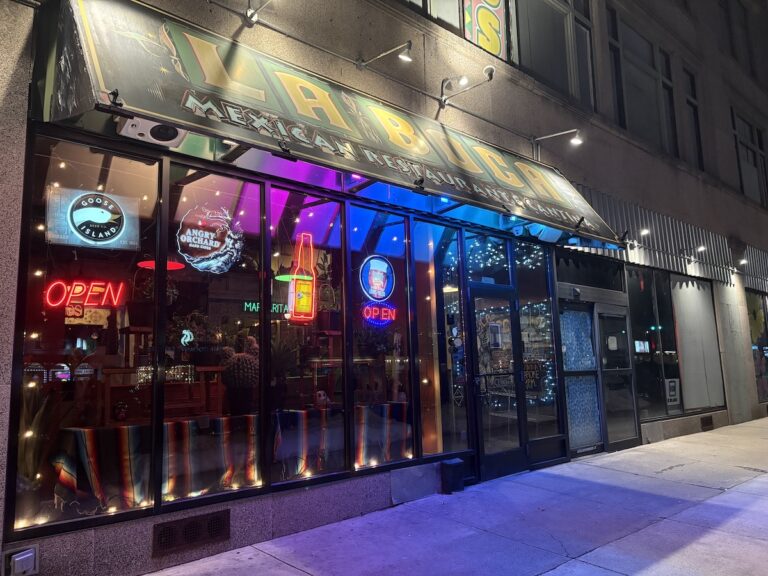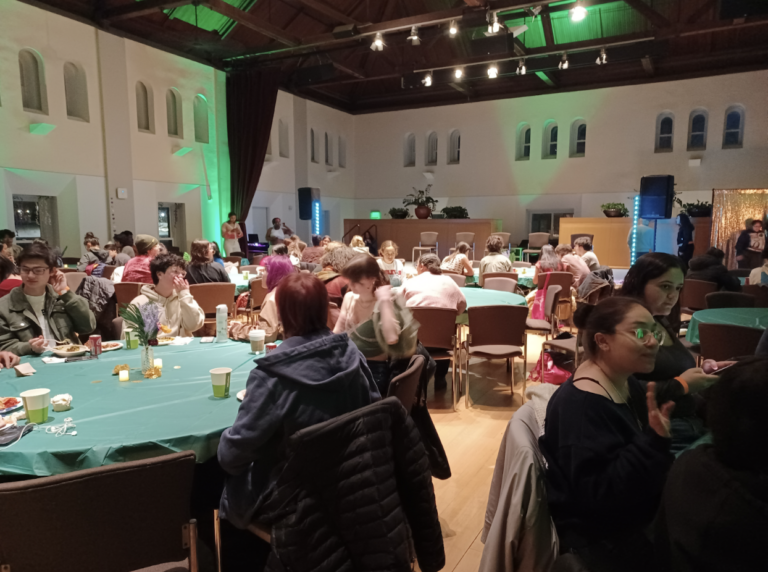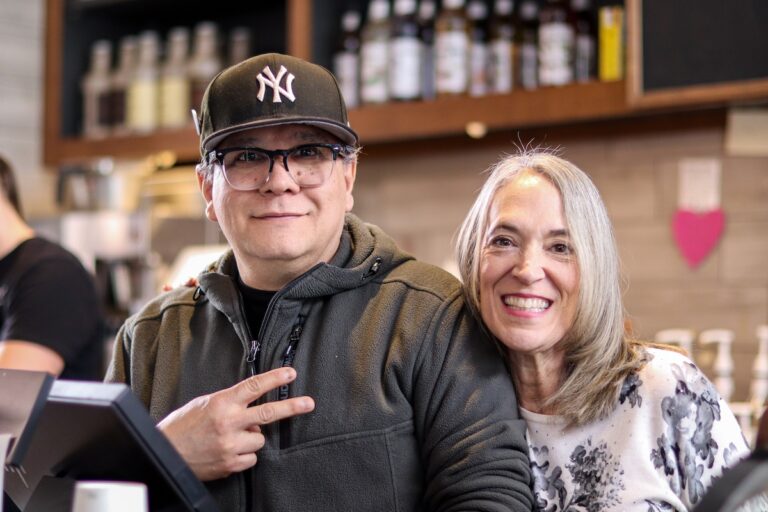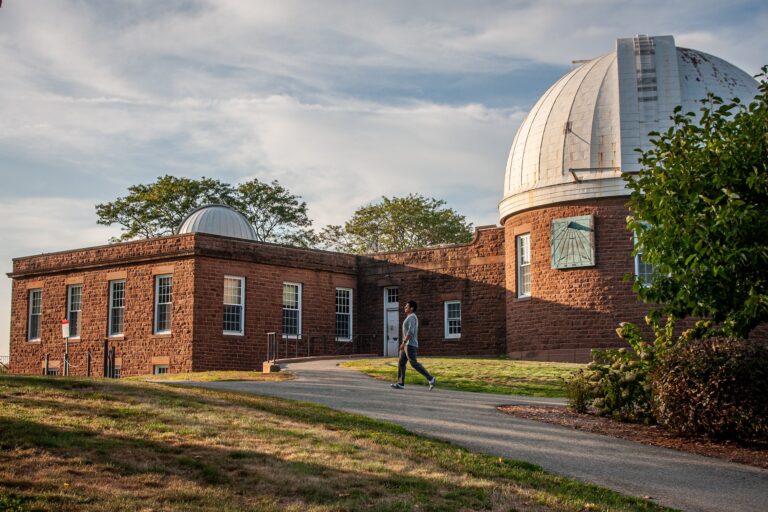Campus Boasts First ROTC Trainees
There are a lot of associations people make when they hear the name Wesleyan University: nudity, extreme liberals, and hipsters, for example. Army training grounds, however, does not usually make the list. Up until last year, the University had never had a single student participate in the Reserve Officer’s Training Corps (ROTC) program. Now there are two.
Marty Buxton ’12 and Lowell Wood ’12, both from North Carolina, take their Army ROTC courses (there are different programs for each branch of the military) with other college students at Sacred Heart University in Bridgeport, Conn. and the University of Connecticut in Hartford. Many colleges around the country have their own ROTC programs, but due to low participation here, Wesleyan does not.
“I wish that Wesleyan had its own program,” Wood said. “I don’t know if I see it happening but I think it would be a lot of fun. What drives me to do this program is a desire to better the world around me, and I think that is something that a lot of Wesleyan students share.”
Graduates of ROTC program enter the army after college as second lieutenants and are committed to four years of service. In exchange, the army provides scholarships to pay for the undergraduate education of the students in the program.
Both trainees explained that they have been pleasantly surprised at how understanding their peers at Wesleyan have been to their participation in the program.
“People are surprised when they see me in uniform,” Buxton said. “But mostly they are just interested and all my friends and professors are really supportive.”
Wood added that Wesleyan students have surpassed his expectations in this regard.
“I don’t think I expected people to spit on me or anything,” Wood said. “But I was surprised at how cool everyone is about it and I shouldn’t have been… I decided to go to Wesleyan before I decided to do ROTC and one of the reasons I loved it so much was that people are so open-minded.”
Buxton and Wood recognize that many of their peers are opposed to conflict and the U.S. military’s current engagements, but they welcome discussion.
“I meet people who are incredibly opposed to conflict and I do understand where they’re coming from…though I think they have not taken the time to consider how it could be a good thing,” Wood said. “But somebody has to do this and it doesn’t feel right for somebody to do it for me when they are fighting for the rights and freedoms that we all enjoy.”
ROTC courses usually take four years of training consisting of in-classroom sessions several times a week and occasional in-the-field practical exercises. Wood, a transfer this year from the University of Miami, was able to start the program as a sophomore.
“Because you graduate with so much responsibility, leadership is really stressed in the classroom, as well as basic military information,” Buxton said. “We learn how to be a leader in everything that we do.”
Both Wood, who is a prospective Environmental Studies major, and Buxton, who is a prospective History major, were pleased with how much their Wesleyan education complemented their ROTC learning.
“What is great about Wesleyan is that it teaches you how to think, not what to think,” Wood said. “I really want to go into military intelligence after college, so critical thinking is really important.”
Buxton also expressed a desire to go into military intelligence. While neither seemed nervous at the prospect of joining the military, they held different views on their role in the military after graduation.
The military has been in the back of Buxton’s mind since as long as he can remember—he even considered going to West Point. But he does not plan on staying in the Army past his four-year commitment; rather, he is considering transferring his military experience into a career with the FBI or CIA.
“I think the military is a good thing to allow for stable income for people, a steady job, a job that once you get out of you have experience that is needed,” Buxton said. “It’s kind of like a training program that also looks good on your resume. The idea of adventure and service is appealing to me, but I think of the experience as opening doors for me.”
Wood, who comes from a liberal family and had not until recently thought about ROTC, said that he is considering staying in the army for the long-term.
“I always had some interest in the military because it’s a great way to make an impact,” he said. “I don’t know if I’ll ever be done with the military because I am going into it to better the lives of others…promoting the shift from consciousness of environmental problems to action and helping to develop the third world in sustainable ways. If there is a way I can do this outside the Army, maybe I will, but I think the Army can be a force for that sort of change.”
Though they have complaints about the long commute time, Buxton and Wood have found ROTC to be a rewarding and fun experience.
“I love it all,” Wood said. “The people are really great, really into the program. I’m







I applaud Mr. Buxton and Mr. Wood for their sacrifice. They are not, however, the first two ROTC cadets at Wesleyan. I remember at least a couple from my time there in the 1990s who took part in the Army and Air Force ROTC programs at the University of Connecticut (which is in Storrs, not Hartford). Also, there have been a number of Wesleyan students who have completed Marine Corps Office Candidate School (OCS) either while Wesleyan students or immediately after graduation. And during World War II, Wesleyan hosted a Navy V-12 training unit on campus.
Marty Buxton is the best!!!!!
There is a long tradition of service in our family and I am so proud of Marty and his commitment to that. You rock, Marty!
Marty’s ancestry is rich in military tradition His Great Great Uncle, G. Edward Buxton was part of the founders of the OSS (now CIA) with Bill Donavan. G. Edward was also responsible for convincing World War I hero Sergeant York to not be a conscientious objector! I am sure Marty has many of these same traits.